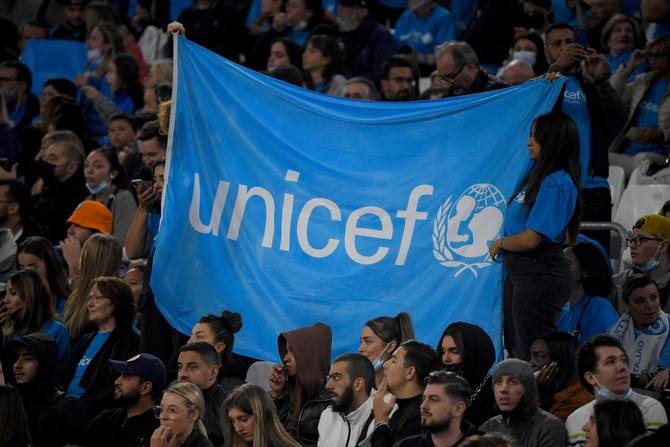
Even though Iraqi Prime Minister Haidar al-Abadi announced on Saturday that the war against ISIS was over, the “major victory” will remain fragile as long as the root causes for the extremists rise are not tackled.
Iraq waged a long and devastating campaign to wipe ISIS from the map after the extremists threatened the country’s very existence by seizing roughly one third of its territory in 2014.
But while Baghdad may be basking in its battlefield success for now, relying on military might will not be enough in the longer term.
"Everything remains to be done to dry out the earth on which ISIS flourished," said Karim Bitar, a regional expert at the Paris-based Institute for International and Strategic Affairs.
"The extremists have been deprived of oxygen and defeated militarily but the womb from which they emerged remains fertile."
Now the fighting is finished, the list of demands facing Iraqs authorities is daunting -- and includes many key challenges that Baghdad has failed to address for years.
"It involves first of all consolidating the power of the central authorities while pursuing inclusive policies that do not marginalize any community," Bitar said.
"Then it is necessary to tackle reconstruction, economic and social problems, stem corruption and ensure the equitable distribution of oil incomes."
For decades, the country has known nothing but war, starting with the war with Iran (1980 – 1988), the invasion of Kuwait (1990 – 1991) and the US invasion (2003 – 2011.) It is now on its knees after the brutal years of ISIS rule in the territory it controlled and the harrowing battle to defeat the extremists.
A donor meeting for the country is set to be held in Kuwait in February and estimates put the reconstruction bill facing Iraq at some $100 billion (85 billion euros).
Iraq expert Mohammad Ould Mohamedou, a professor at Genevas Graduate Institute, cautioned that even the victory on the battlefield might not be as definitive as its seems.
The extremists have melted into the desert and maintained their capacity to launch brutal attacks across the country -- reverting to their roots as insurgent fighters.
"The question of ISIS is not going to disappear. The military aspect is far from over, and in this type of conflict, hostilities remain for a long time at a level that requires a substantial commitment," Ould Mohamedou said.
Key to preventing a resurgence by the extremists will be dealing with the profound sectarian and social grievances.
"The work of reconstruction, in this case, is as much social as in terms of infrastructure," said Ould Mohamedou.
Bitar said that as long as the Sunni grievances remain, then the possibility of the emergence of a new insurgent movement cannot be ruled out.
“Proxy wars and weak central governments will not be able to close the chapter on violent extremism,” he warned.
As all attention has focused on wiping out ISIS, experts and Iraqs Western backers warn that another major threat may have emerged from within the very fight to defeat the group.
That is the rise and legitimization of the array of militia groups who clubbed together under the banner of the Hashed al-Shaabi, Popular Mobilization Forces, to play a key role in defeating ISIS.
While to some the militia fighters are heroes who came to Iraqs aid in its hour of need, others fear they are an unruly and unaccountable force.
Nominally under the command of Abadi, the PMF are dominated by Iranian-backed groups accused of being proxies for Tehran.
How the central government now goes about dealing with the 60,000 to 140,000 fighters estimated to have joined the PMF, and whether Baghdad can really bring them to heel, is a major issue.
"The biggest security challenge is internal, because many of the myriad of PMF groups are turning into local mafias, setting up illegal checkpoints, toll roads, and the like, to support themselves financially," said Kirk Sowell, an expert who publishes Inside Iraqi Politics.
"In this sense, ISIS is more relevant to the rest of the world, but for Iraqis, a local armed gang which needs money is far more dangerous."












